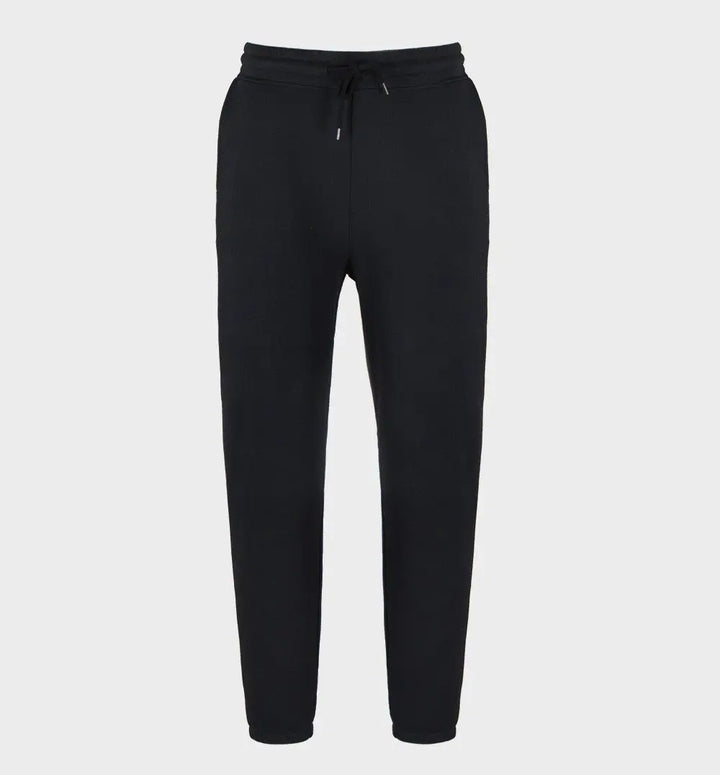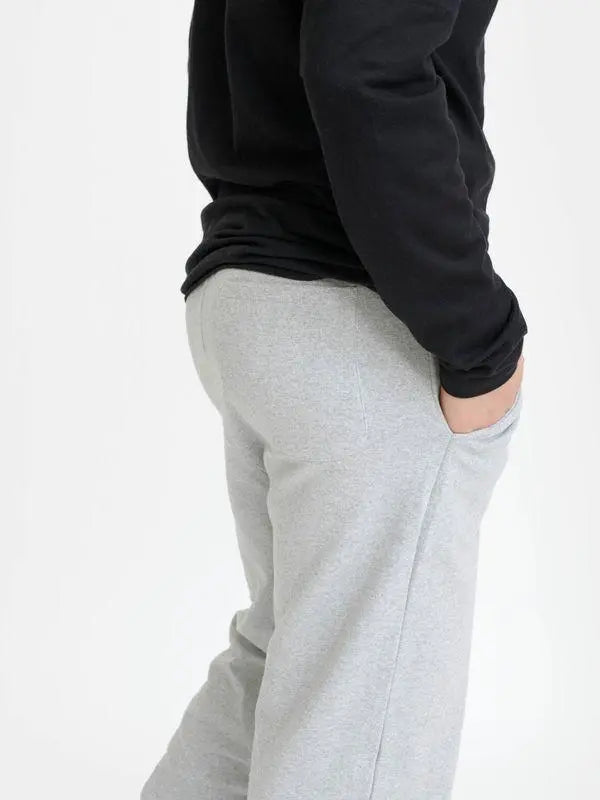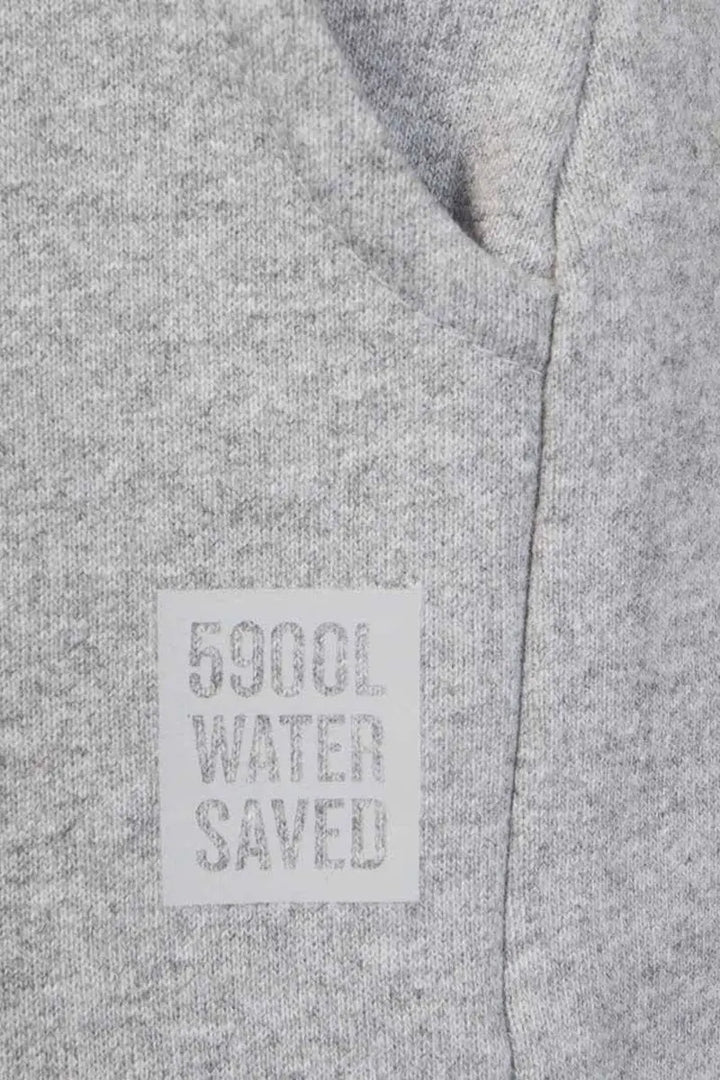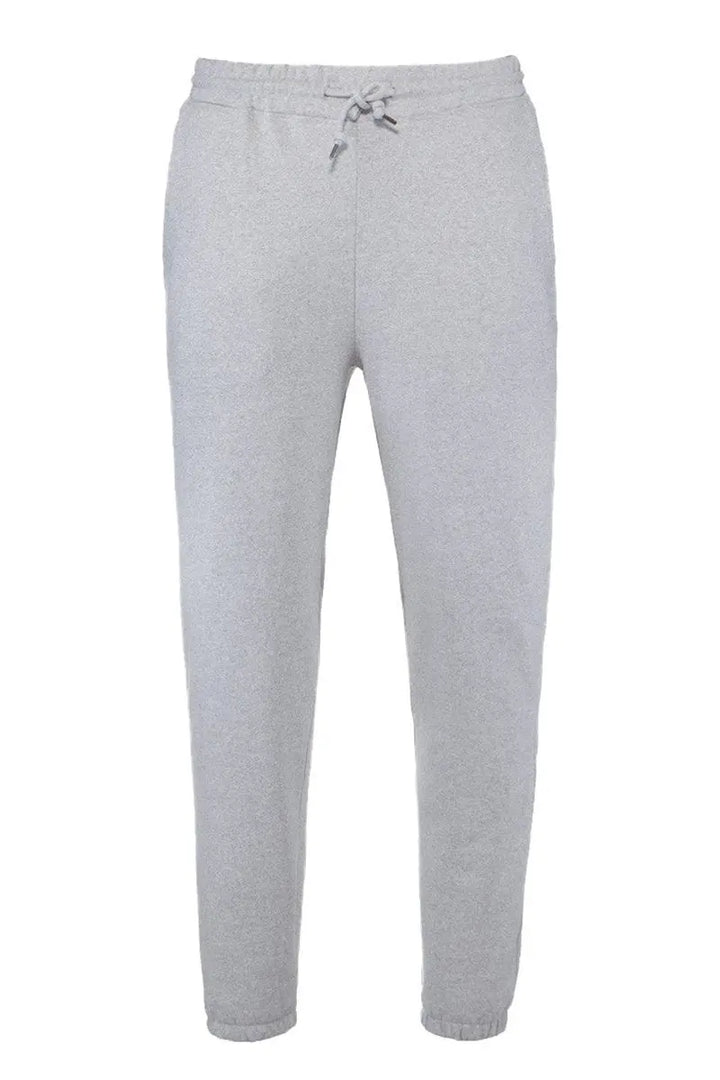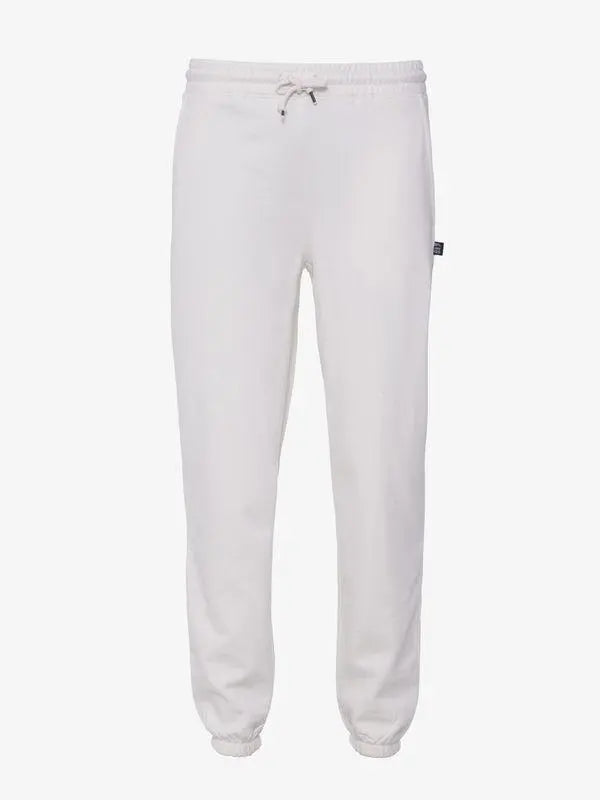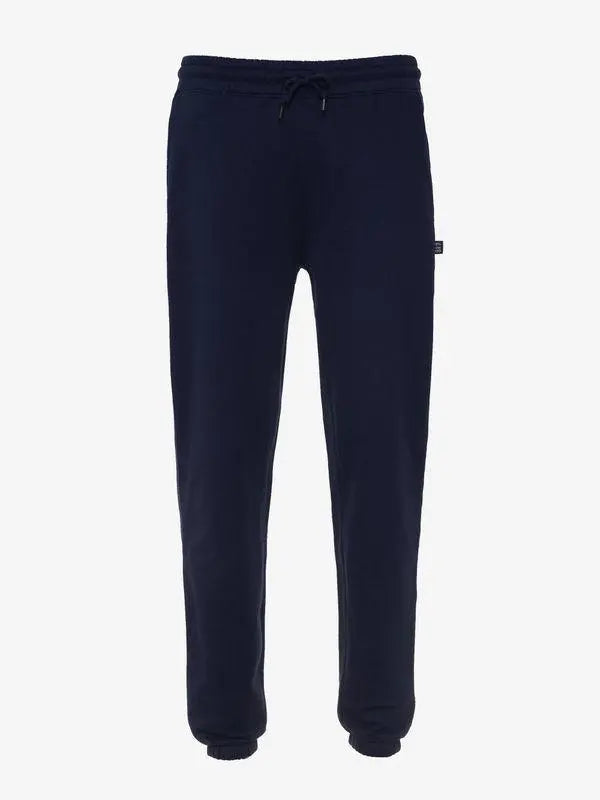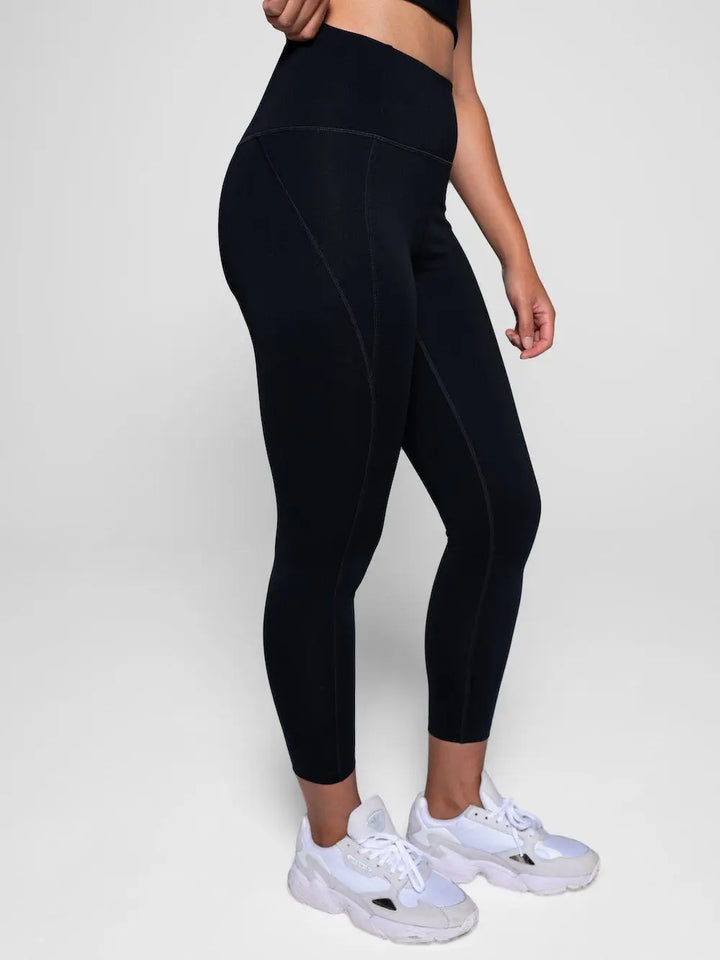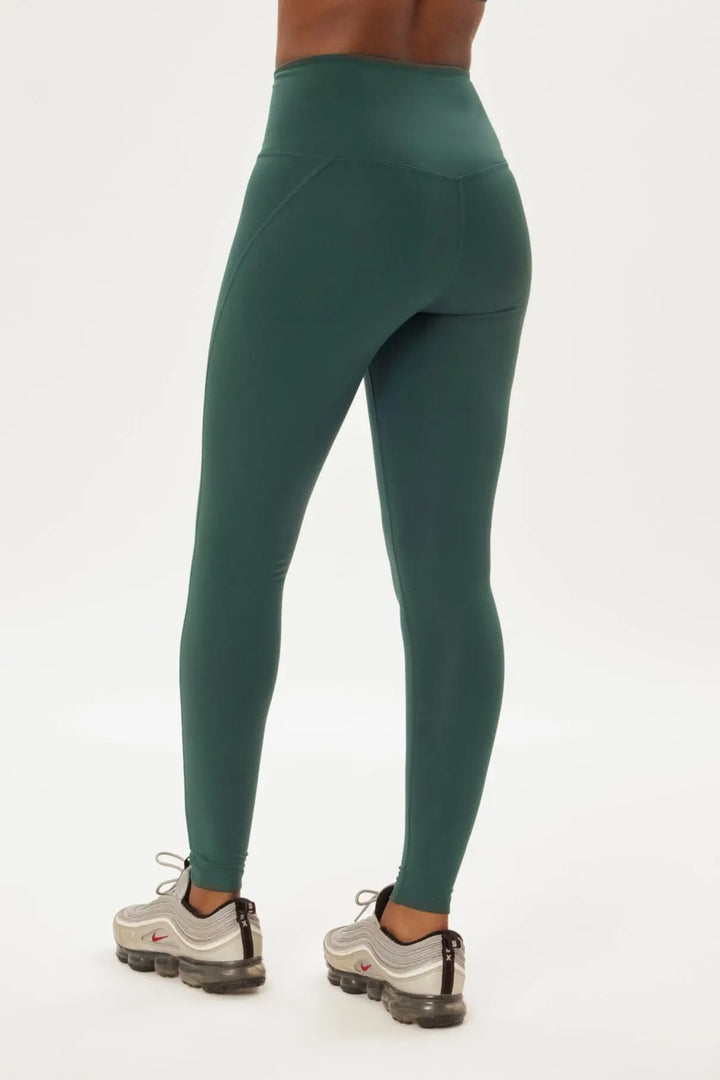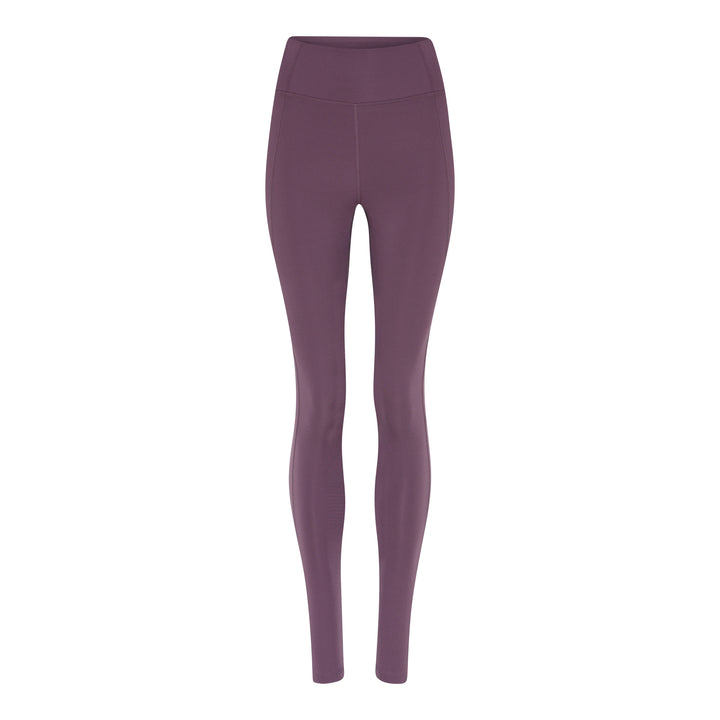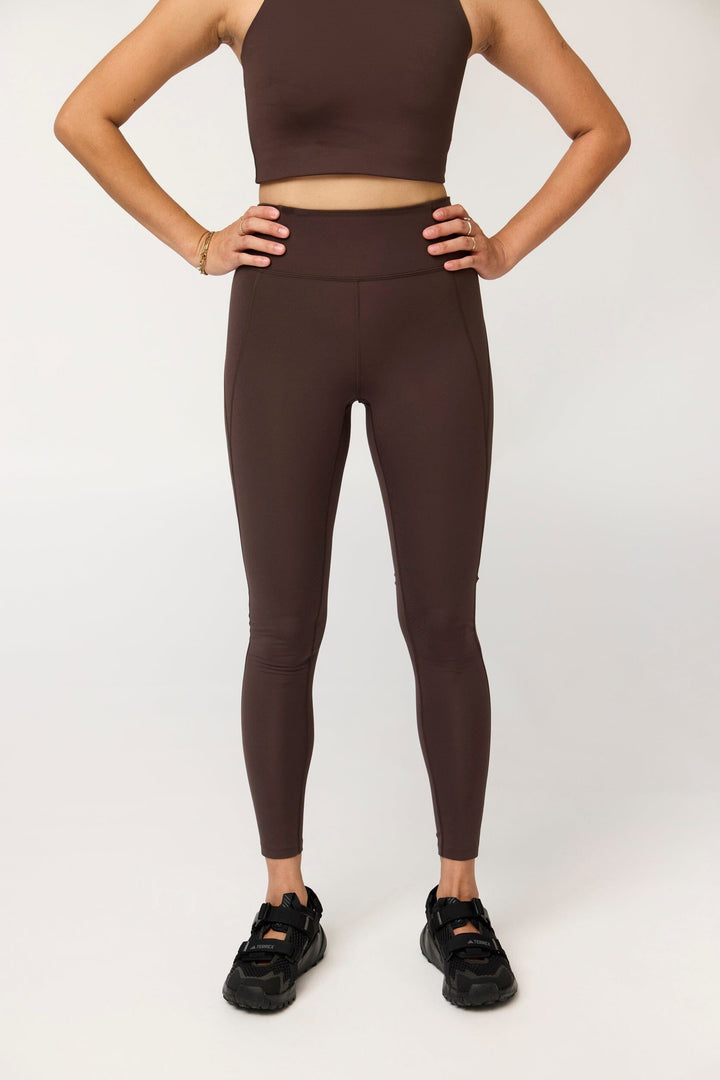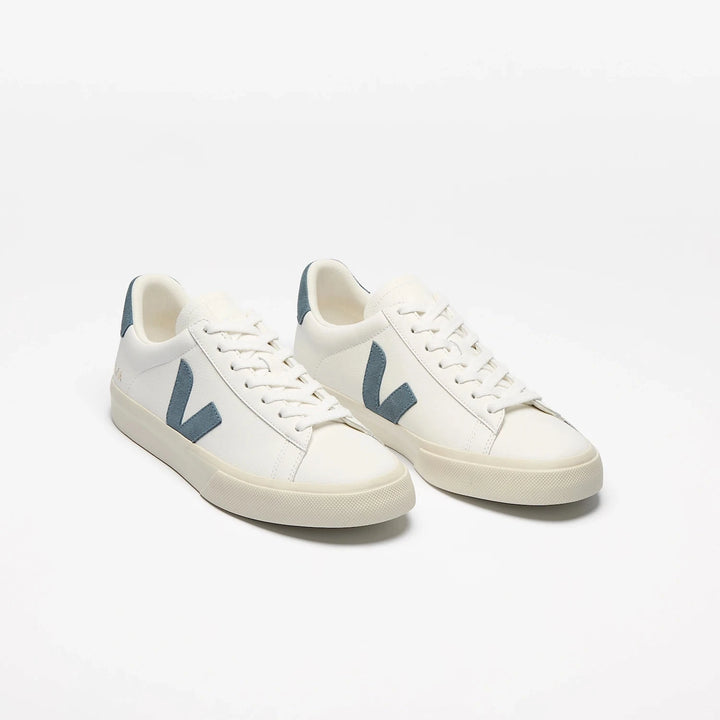Unisex Sweatpants - Recycled Cotton & Recycled Polyester
-
A few left in stock!
- Delivery time workdays.
Learn more
Couldn't load pickup availability
Pure Waste Unisex Sweatpants - 100% Recycled Materials
We think the whole point of sweatpants is to be comfortable to wear. That’s why the Pure Waste sweatpants are pleasantly loose. The sweatpants are made from recycled cotton and recycled plastic bottles. The inside is soft, brushed knitted fabric. The leg openings are elastic. The sweatpants have side pockets and one back pocket. The waistband has a drawstring.
This unisex sweatpant model is sold using men’s measurements. Women should choose one size smaller than usual.
Compared to an equivalent product made from virgin materials, making sweatpants from recycled materials uses 99% less water and generates 50% fewer CO2 emissions
Features:
- Elastic waistband
- Two side pockets
- One back pocket
- Responsibly made in India
- Water & Carbon footprint: 2,5 liters of water and 2,3 kilograms of CO2
Material details:
- 60% Recycled Cotton / 40% Recycled Polyester
Because of the recycling process, the fibers of the fabric are short. This can cause the fabric to lint a little easier if subjected to friction.
Size & Fit
- This unisex sweatpant model is sold using men’s measurements. Women should choose one size smaller than usual.
What's Sustainable
- 100% Recycled Materials
Weekendbee guarantee
When you purchase a product from Weekendbee, you can be sure the choice is better for our planet. We support sustainably produced high quality products so that you can buy less and better.
100% Recycled Materials
Responsibly made in India



